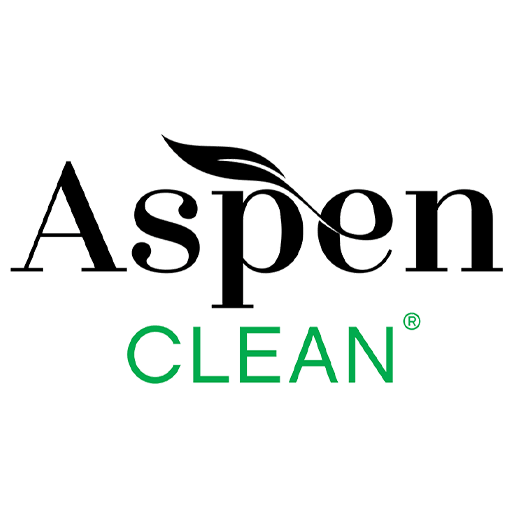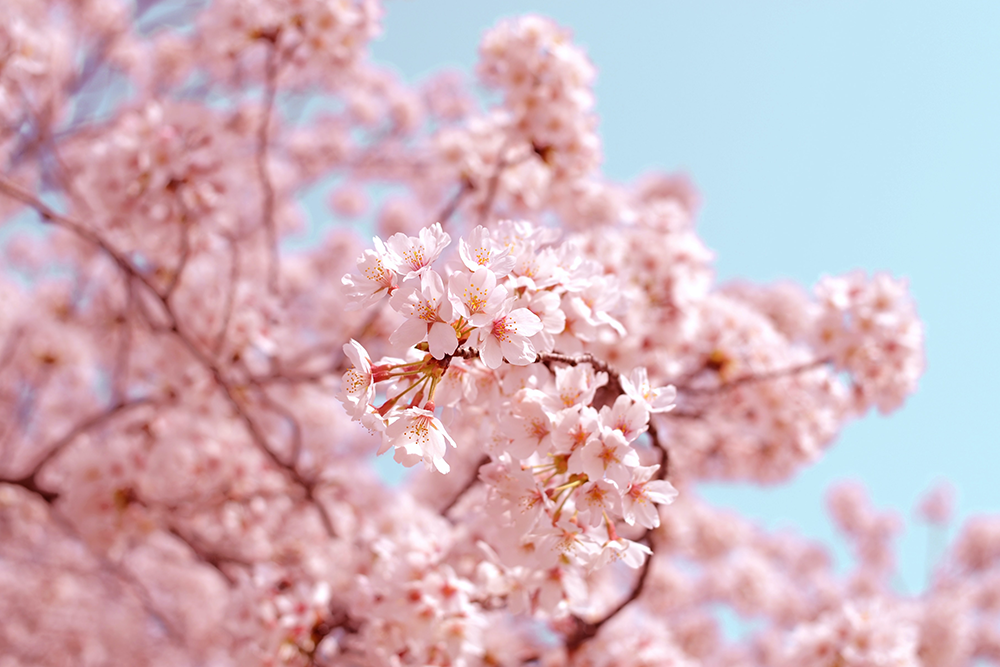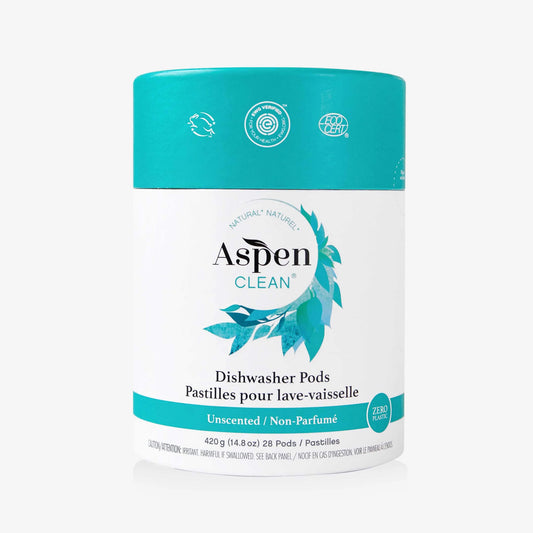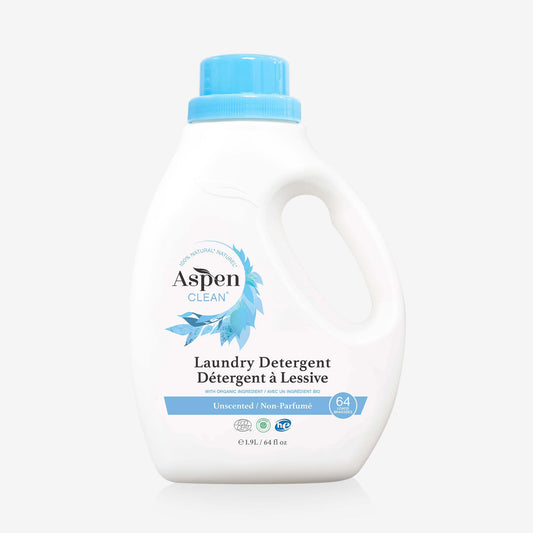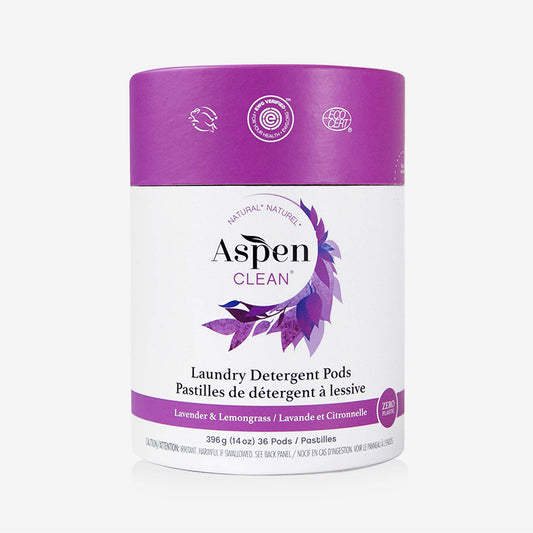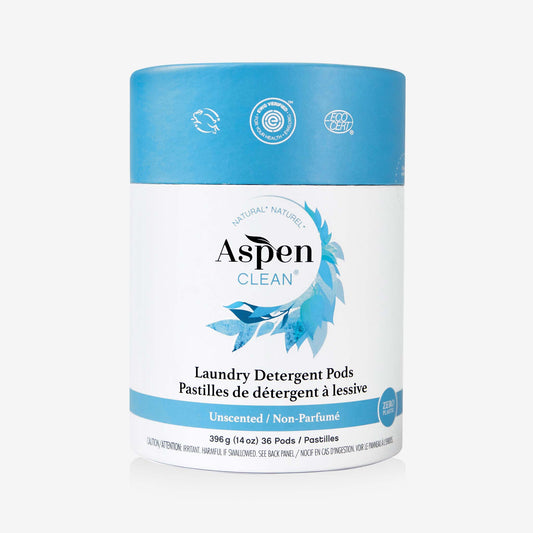You may have noticed it’s warm outside.
Which, don't get us wrong, is great. We’re all happy to drop the layers, take in vitamin D, and get going on some outdoor adventures. But the spring and summer months are a much different experience for those of us with seasonal allergies.
In winter, we are stuck inside because of the cold; and as soon as the weather warms, we have about three days to enjoy the spring before we are again barred inside for the rest of the season. Because, yes, we happen to become a watering, puffy monster.
So what can we do about it? Lots. Like: following some experts' tips regarding Spring cleaning (this would definitely be a first step). But there are also a lot of natural solutions.
Spirulina
Spirulina is a type of edible blue-green algae. It’s one of the most powerful superfoods on the planet, and according to the University of Maryland Medical Centre, it stops the release of Histamine. If you don't know, Histamine is that fun little compound which activates allergic symptoms.
Around 4 grams of Spirulina daily has significantly improved sneezing, congestion, and running noses. You even have options of how you wish to consume it, as tea manufacturers such as David’s Tea creates Spirulina-based teas.

Raw local honey
Let’s be honest here; we do not need an excuse to eat honey.
In regards to allergies, though, this delicious treat will also alleviate your symptoms.
How?
Science.
The bees pollinate the local flowers, containing the pollen, which is the source of your suffering. These furry little workers absorb it, and when the honey is produced, it contains the remnants of that pollen. That honey goes into your digestive system, and something called immunotherapy begins to happen. Your body creates resistance to the pollen, and in turn, it will reduce symptoms.
Things to keep in mind are a) the honey must be local and non-pasteurized, and b) the effects can take up to 8 weeks to kick in. So start early.
Turmeric
If you’ve ever cooked with Turmeric, you’re aware that it is not shy. You are very cognizant of its presence in your dish. What you may not be aware of is the antihistamine properties it contains.
Turmeric contains curcumin, which acts as a decongestant and anti-inflammatory. These are excellent at combating allergies and only require 2 grams to be ingested daily to help alleviate your symptoms.

Acupuncture
In the study Acupuncture in Patients With Seasonal Allergic Rhinitis: A Randomized Trial published in the journal Annals of Internal Medicine, allergy researchers conducted a randomized study on the correlation between acupuncture treatment and the reduction of seasonal allergies. The study found that participants who received acupuncture treatment, as opposed to those who had received a false treatment, significantly improved in allergic symptoms and decreased pharmaceutical antihistamine use after 8 weeks.
Change clothes when coming home
This is a bit of a gimmie, but it's always good to be mindful of it. When you come home, quickly change your pants and shirt as you are more than likely bringing in the pollen that's affecting you. Don’t accidentally contaminate your safe space.

Hypoallergenic cleaning products
Keep in mind what’s being used in your home. Do you purchase your cleaning tools before purchasing them, as they can have ingredients which can exacerbate your symptoms? We got you covered.
FIND YOUR HYPOALLERGENIC CLEANING SUPPLIES
HEPA filters
If you are not using HEPA (High-Efficiency Particulate Air) filters in your vacuum cleaner, air conditioner or heating system, you could be prolonging your allergy problem. Non-HEPA filter products can stir up the pollen on the furniture and floor instead of removing it. You can purchase these at any major appliance retailer.
Probiotic-rich food
According to Vanderbilt University Medical Center researchers, probiotics can help alleviate hay fever symptoms. While it’s not a slam dunk, having more probiotics in your system is always a good thing. These cultures of healthy bacteria are great for your digestive system and gut. They can be found in many foods, such as yogurt, kimchee, kefir and sauerkraut. But it’s easier to ingest in liquid form, namely Kombucha (however, make sure the bottles are dark, as clear bottles will allow in the light, which kills the bacteria).
It’s time to take back your spring/summer. Go and live the life you want, snuffle-free!
And if you need inspiration, here are 10 ways to make the most out of spring.
For more information about our products or tips to live a more sustainable life, don’t hesitate to check out our blog regularly.
